详细说明
Specificity
Detects proteins containing phosphorylated tyrosine residues. ELISA and 2D Western blot analyses using pervanadate-treated cell lysates indicate that clone 179003 binds Phospho-Tyrosine in a broad manner largely independent of the surrounding amino acid sequence. The antibody does not cross-react with proteins or peptides containing phosphorylated serine or threonine residues.
Source
Monoclonal Mouse IgG 1 Clone # 179003
Purification
Protein A or G purified from hybridoma culture supernatant
Immunogen
KLH-coupled Phospho-Tyrosine synthetic peptide
Formulation
Lyophilized from a 0.2 μm filtered solution in PBS with BSA as a carrier protein.
Label
Biotin
Applications
Recommended
ConcentrationSample
Western Blot
1 µg/mL
See below
ELISA
0.75 µg/mL
See below
Please Note: Optimal dilutions should be determined by each laboratory for each application. are available in the Technical Information section on our website.
Data Examples
Western Blot | Detection of Phospho-Tyrosine by Western Blot. Western blot shows lysates of A431 human epithelial carcinoma cell line untreated (-) or treated (+) with 50 μM pervanadate (PV) for 15 minutes. PVDF membrane was probed with 1 µg/mL of Mouse Anti-Phospho-Tyrosine Biotinylated Monoclonal Antibody (Catalog # BAM1676), followed by HRP-conjugated Anti-Mouse IgG Secondary Antibody (Catalog # ). Tyrosine-phosphorylated proteins were detected (as indicated). This experiment was conducted under reducing conditions and using . |
Preparation and Storage
Reconstitution
Reconstitute at 0.5 mg/mL in sterile PBS.
Shipping
The product is shipped at ambient temperature. Upon receipt, store it immediately at the temperature recommended below.
Stability & Storage
Use a manual defrost freezer and avoid repeated freeze-thaw cycles.
12 months from date of receipt, -20 to -70 °C as supplied.
1 month, 2 to 8 °C under sterile conditions after reconstitution.
6 months, -20 to -70 °C under sterile conditions after reconstitution.
Background: Phospho-Tyrosine
Phosphorylation of tyrosine residues in signaling proteins by protein tyrosine kinases mediates a variety of cellular processes, including cell growth, differentiation, adhesion, motility, death, and metabolism. Dysregulation of tyrosine phosphorylation has been implicated in the development of many human diseases, such as diabetes and cancer. Antibodies specific for phospho-tyrosine have been invaluable reagents in the studies of signaling pathways initiated by tyrosine phosphorylation.
Alternate Names:
2 amino 3(4 hydroxyphenyl) propanoic acid; 4 hydroxyphenylalanine; PhosphoTyrosine; pTyrosine; Tyrosine







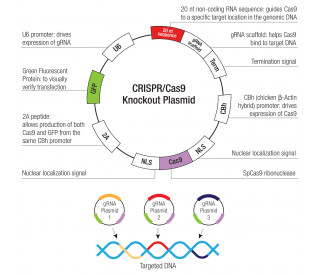
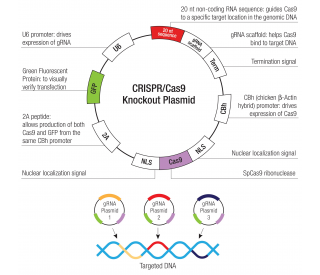
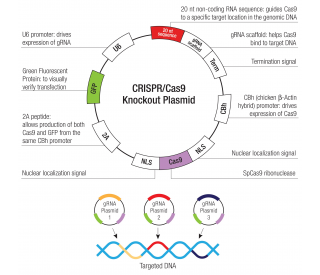
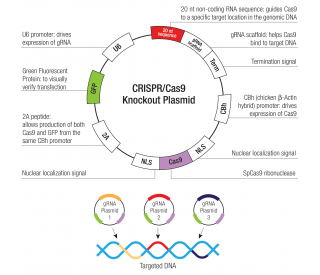
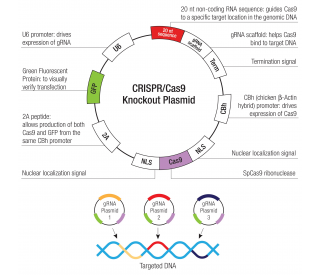
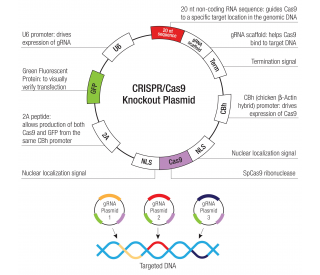



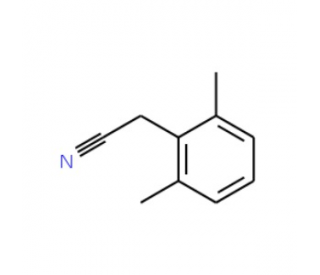
 粤公网安备44196802000105号
粤公网安备44196802000105号